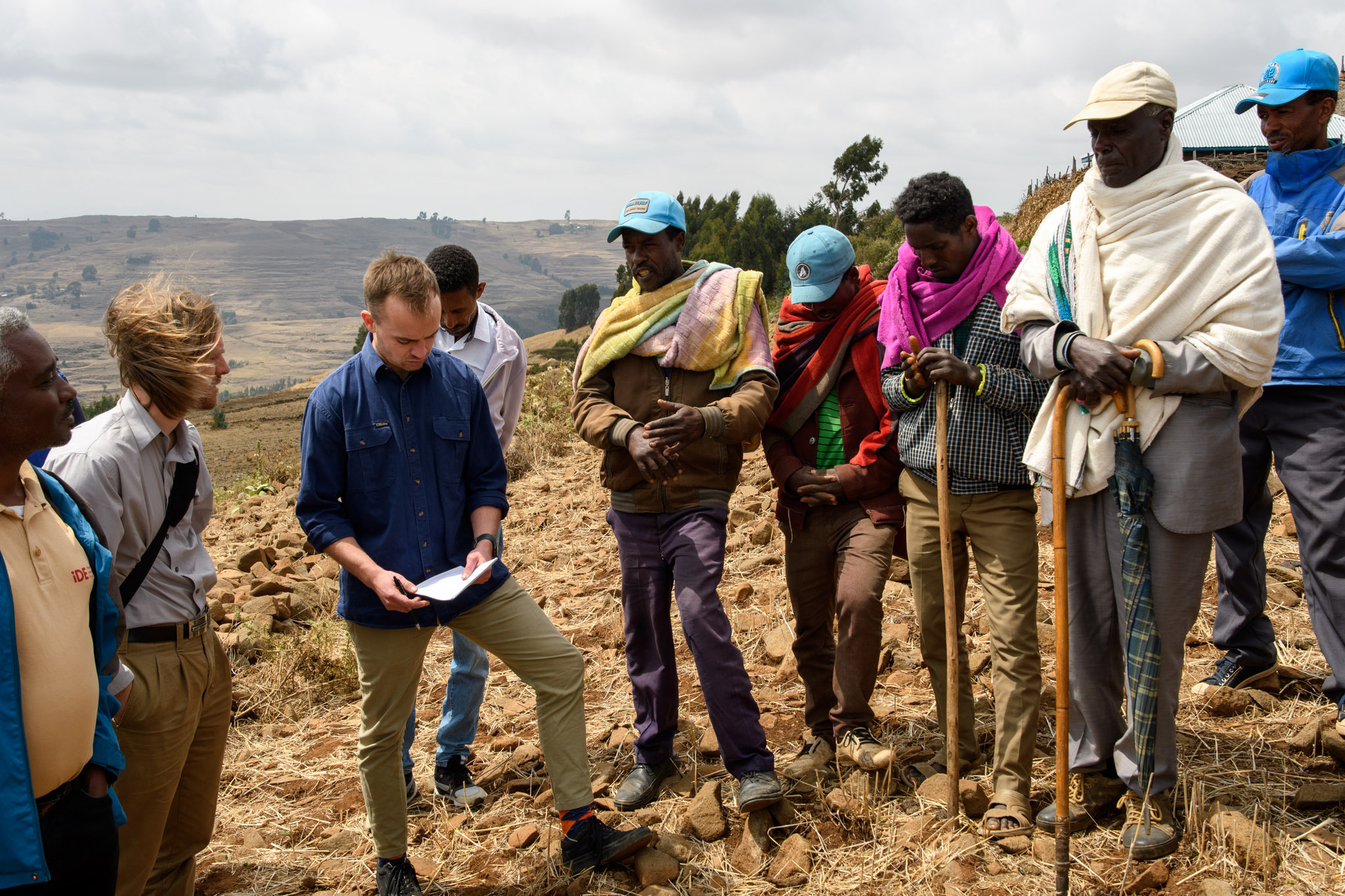Rondrotiana Barimalala – or just Rondro as she prefers – grew up in a farming context outside Antananarivo in Madagascar. As a young girl she believed local knowledge about the weather was the only way to know when it was best to plant and harvest crops.
– When I grew up in Madagascar, I was not aware of the usefulness of weather forecasts. I fully trusted using local knowledge based on experience, Rondro recalls.
This personal anecdote illustrates the challenge for many millions of African smallholder farmers. Instead of using forecasts and advisories from national meteorological institutes or other relatively reliable sources, they rely on local knowledge based on their experience and take choices from them. Choices that worst-case can prove to be fatal when there is no food on the table.







